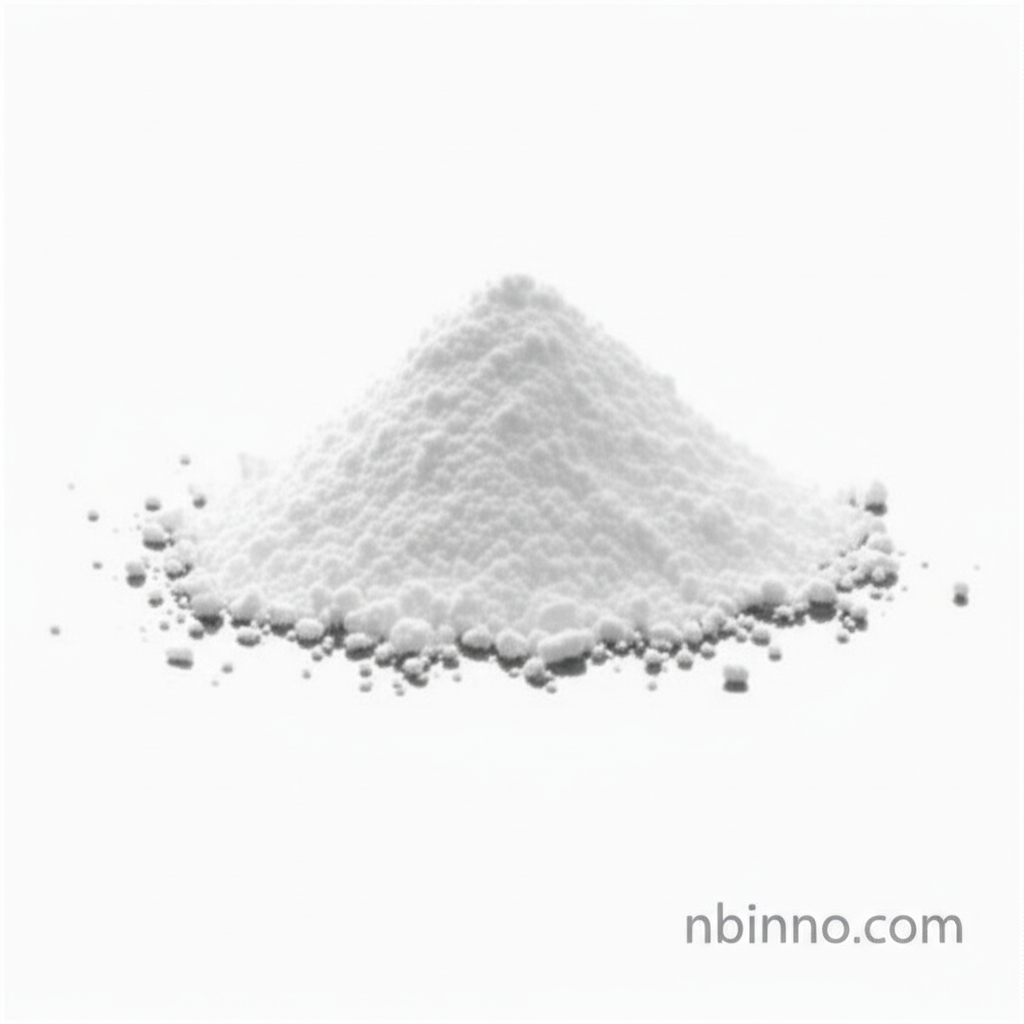Pleuromutilin: A Potent Antibacterial Agent Targeting Bacterial Ribosomes
Discover the science behind this crucial antibiotic and its role in combating bacterial infections.
Get a Quote & SampleProduct Core Value

Pleuromutilin
Pleuromutilin is a vital pharmaceutical compound with potent antibacterial properties, recognized for its mechanism of inhibiting bacterial protein synthesis by binding to the 50S ribosomal subunit. Its discovery and subsequent development into various derivatives have made it a cornerstone in both human and veterinary medicine for combating a wide range of bacterial infections.
- Understanding the pleuromutilin antibacterial mechanism is crucial for developing effective treatments against challenging pathogens.
- The pleuromutilin ribosomal binding site is key to its efficacy, disrupting essential bacterial processes.
- Research into pleuromutilin antibiotic resistance helps in designing strategies to overcome bacterial defense mechanisms.
- Lefamulin antibiotic mechanism, a prominent derivative, showcases the therapeutic potential of this class of compounds.
Key Advantages
Novel Mechanism of Action
Pleuromutilin offers a unique mode of action by targeting bacterial protein synthesis, which is vital when facing bacteria with resistance to other antibiotic classes. This makes the study of pleuromutilin chemical structure important for further drug development.
Broad Spectrum Efficacy
This class of antibiotics demonstrates efficacy against various bacterial strains, including some that are resistant to conventional treatments, making the exploration of pleuromutilin synthesis pathway essential for production.
Foundation for Advanced Drugs
Pleuromutilin serves as the parent compound for highly effective semi-synthetic antibiotics like lefamulin, highlighting the value in understanding pleuromutilin derivatives antibacterial properties.
Key Applications
Antibiotic Therapy
Used directly or as a precursor for developing potent antibiotics to treat bacterial infections in humans and animals. Understanding pleuromutilin antibiotic resistance is key in this application.
Veterinary Medicine
Essential for treating bacterial diseases in livestock and poultry, ensuring animal health and productivity. The pleuromutilin derivatives antibacterial activity is widely utilized here.
Pharmaceutical Research
Serves as a critical research tool for studying bacterial ribosome function and developing new antimicrobial agents. The pleuromutilin chemical structure is a subject of intense research.
Drug Development
The basis for advanced antibiotics like lefamulin, used for conditions such as community-acquired bacterial pneumonia. Exploring the pleuromutilin synthesis pathway is vital for optimizing production.
